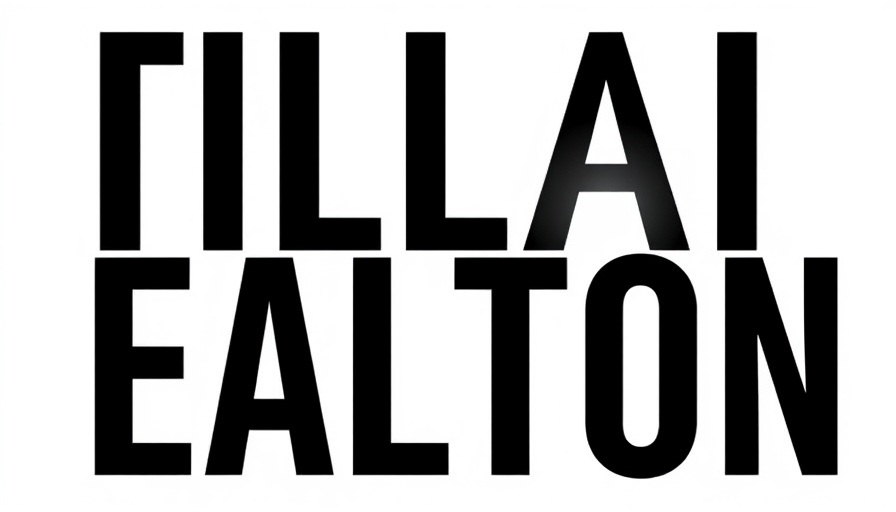
Understanding Payhawk's Game-Changing AI Solution
In a rapidly evolving business landscape, AI technologies are becoming pivotal for organizations striving for efficiency and innovation. Payhawk, a financial management platform, recently introduced its 'AI Office of the CFO,' designed explicitly for enhancing finance operations within enterprises. This new feature promises to integrate advanced AI capabilities—akin to agentic AI—to streamline processes that finance teams regularly face.
What is 'Agentic AI' and Why Does It Matter?
Agentic AI refers to intelligent agents that can perform tasks autonomously, learning and adapting from their environments. This capability is particularly essential in finance, where accuracy and adaptability are crucial. Payhawk's AI Office emulates this type of intelligence, offering tools that can predict financial trends, automate report generation, and analyze spending patterns effectively. By leveraging AI agents, companies can minimize human error and enhance decision-making processes.
The Financial Landscape: A Crucial Need for AI in Finance
The finance sector has been one of the slowest to adopt disruptive technologies like AI, yet the demand for efficiency and precision has never been higher. Financial decision-makers require insights that not only detail past performances but also forecast future scenarios. According to recent studies, companies that have integrated AI within their finance departments report up to a 20% increase in productivity. By adopting Payhawk's innovative technology, organizations can harness these benefits while navigating the complexities of today’s regulations and financial landscapes.
Real-World Applications of AI in Finance
Companies like Payhawk are at the forefront of utilizing AI to transform traditional finance operations. Real-world examples illustrating this shift include automated expense management systems that analyze transactions in real-time. By using machine learning algorithms, these systems can flag inconsistencies, ensuring compliance and reducing fraud attempts. Furthermore, predictive analytics can help finance teams anticipate cash flow issues before they arise, enabling proactive strategies rather than reactive responses.
Challenges and Future Predictions in AI Finance Integration
While the growth of AI in finance presents numerous benefits, it is not without its challenges. Concerns regarding data privacy, algorithmic biases, and the potential for job displacement loom large in the discourse on AI adoption. However, industry analysts predict that as solutions like Payhawk's AI Office of the CFO evolve, these concerns may diminish. Future iterations could prioritize ethical AI deployment, focusing on governance and fair practices.
Conclusion: Embrace the Future with AI Innovations
As we continue to witness the rapid integration of AI in various sectors, understanding its implications is vital for adapting to future changes. Payhawk's 'AI Office of the CFO' signifies a shift towards more autonomous financial operations, leveraging agentic AI to enhance productivity. For finance professionals considering their next steps, embracing these innovations could mean the difference between thriving and merely surviving in a competitive environment. By exploring the potential of AI agents, organizations can position themselves at the frontier of financial technology advancements.
 Add Row
Add Row  Add
Add 




 Add Row
Add Row  Add
Add 

Write A Comment